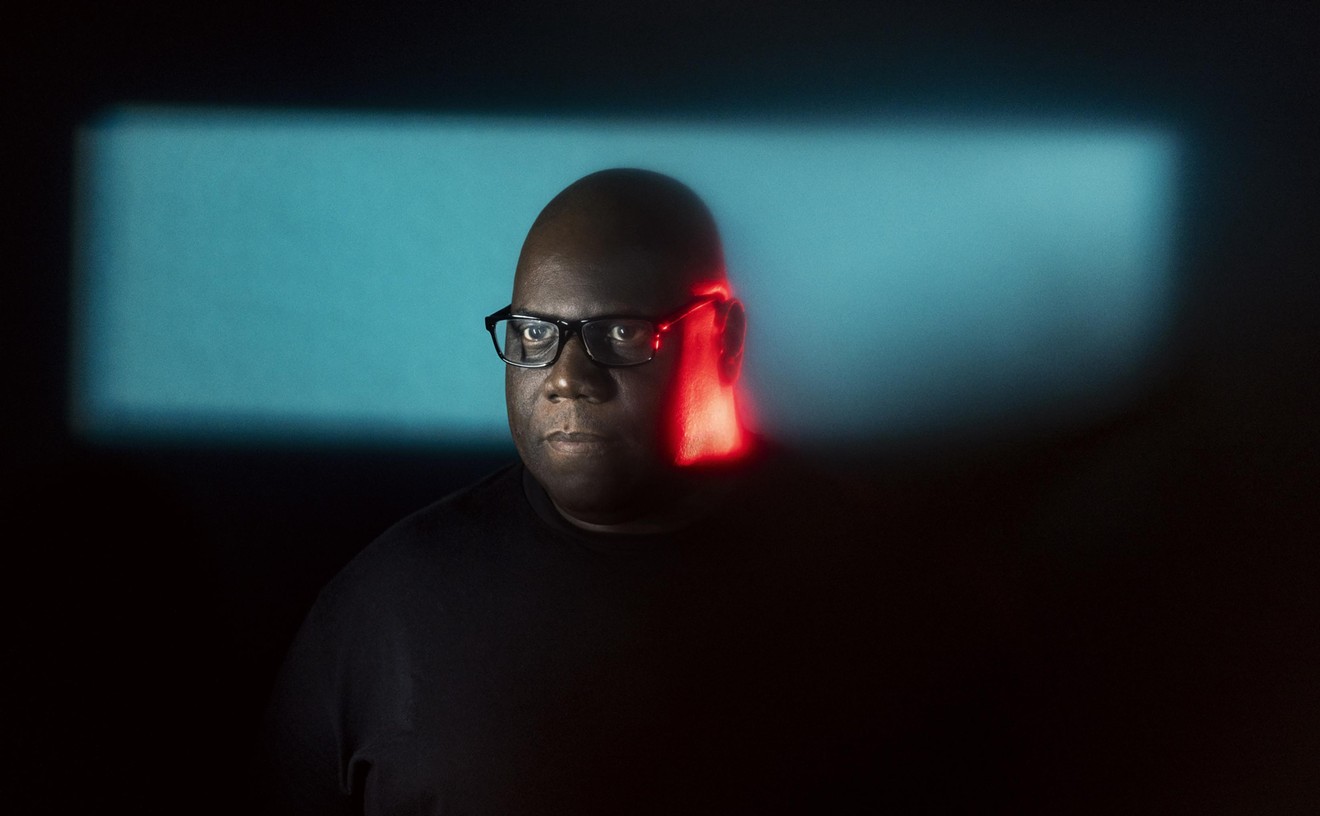Still, the music we did not hear that night offers lessons for a nation whose sense of domestic tranquility, after a century of world domination, has been reduced to ashes. Colombian singer-songwriter Juanes had been scheduled to perform "Fijate Bien" ("Pay Close Attention"), a song inspired by the violence in his homeland. Two months ago he carefully made the case that his music applied not only to the Colombian civil war but, philosophically speaking, to the world at large. "You never know what could happen," he observed, never imagining the massacres to come in Manhattan and Washington, D.C. "You could just be on your way to work in the morning and your life could change forever."
"Fijate Bien" captures the despair not of a single tragic event but of the ever-escalating cycle of kidnappings, bombings, and assassinations that have characterized the past 40 years of struggle among guerrillas, paramilitaries, drug traffickers, and the Colombian armed forces. "I no longer know who is the owner of your life and mine," sings Juanes. "I just know there's a story that doesn't seem to end here."
When President Bush echoes his father in rallying U.S. citizens to war against "evil," he perpetuates the terrible symmetry to this "asymmetrical warfare." Osama bin Laden's call for the murder of all U.S. citizens is an unjust response to the unjust killing of thousands in the Arab world by the U.S. military and its allies over the past century. As at least eighteen men demonstrated with deadly precision on September 11, U.S. military aggression has already spawned a legion of Islamic extremists willing to sacrifice their lives in what they see as a holy war against the United States. An eye for an eye for an eye for an eye. The story doesn't seem to end here.
Many have compared the attacks to Pearl Harbor or the Tet Offensive in Vietnam. Watching the debris rain down on ordinary men and women in lower Manhattan, I could not help imagining a similar scene in another nation: the estimated 5000 to 15,000 civilians killed by the bombs over Baghdad during the Gulf War. This is what their streets must have looked like then. The same panic and disbelief must have crossed their faces as U.S. pilots dropped death from the sky. The story doesn't seem to end here.
The same men are calling for war now as called for war then, with the same disregard for the humanity of anyone who is not an American. Vice President Dick Cheney, widely hailed as the architect of the Gulf War while defense secretary under the first President Bush, may be as responsible as bin Laden for the Tuesday terrorist attacks. At any rate current Secretary of Defense Donald H. Rumsfeld is not concerned about innocent people when he announces, "It's not just simply a matter of capturing people and holding them accountable but removing the sanctuaries, removing the support systems, ending states who sponsor terrorism." Will the story end there?
For the past week, we have seen the faces of the innocent victims as survivors wander Manhattan with photos of missing loved ones. Memorials to the deceased proliferate in the media. Every life lost belonged to a husband, wife, lover, mother, father, daughter, son, or friend. We never saw the faces of those who died in Baghdad. Instead pyrotechnics flashed across our television screens like a video game 24 hours a day. As part of a protest of that war, I helped paint a mural of individual Iraqis who had been killed on a bridge in North Carolina, under the heading: "What T.V. doesn't show you." By the next day, those faces had been painted over with an enormous American flag.
Now the flags are out again, the red-white-and-blue too often a blindfold that keeps us from seeing beyond our own patriotism. On the day of the attack, President Bush called the terrorists "faceless cowards." Maybe that is because our country has never cared to look its victims in the face. We no longer have any choice: We are the victims now.
If Juanes warns that violence begets violence, Aterciopelados, another Latin Grammy-nominated act from Colombia, believes music has the power to heal. Rather than comment directly on the terror that has gripped their homeland for as long as they can remember, on their latest album Gozo Poderoso (Powerful Joy), bass player Hector Buitrago and singer Andrea Echeverri declare: "Music is love." Latecomers to the destruction that has long riddled the rest of the world, U.S. citizens may find the sentiment banal, but there is likely no other means to bring the cycle of retribution to an end.










